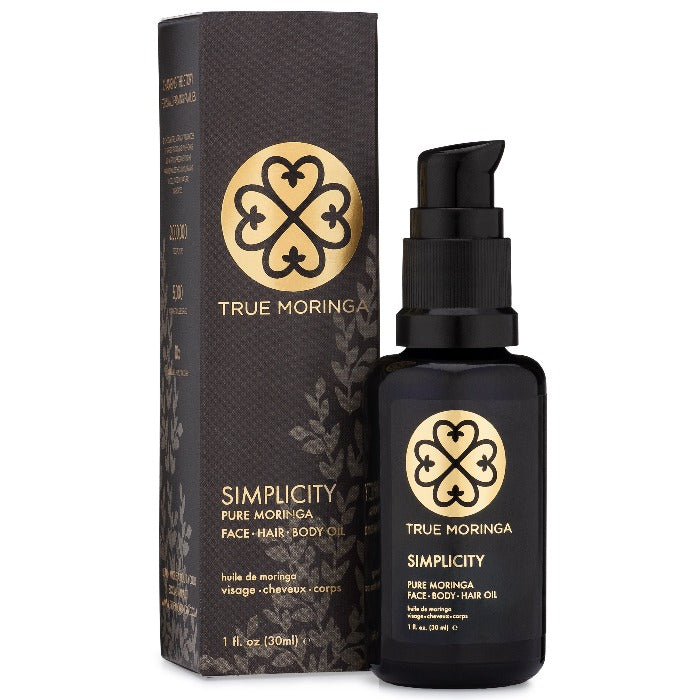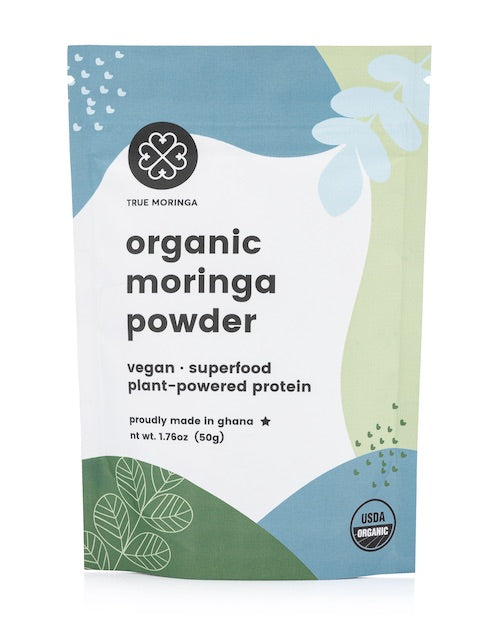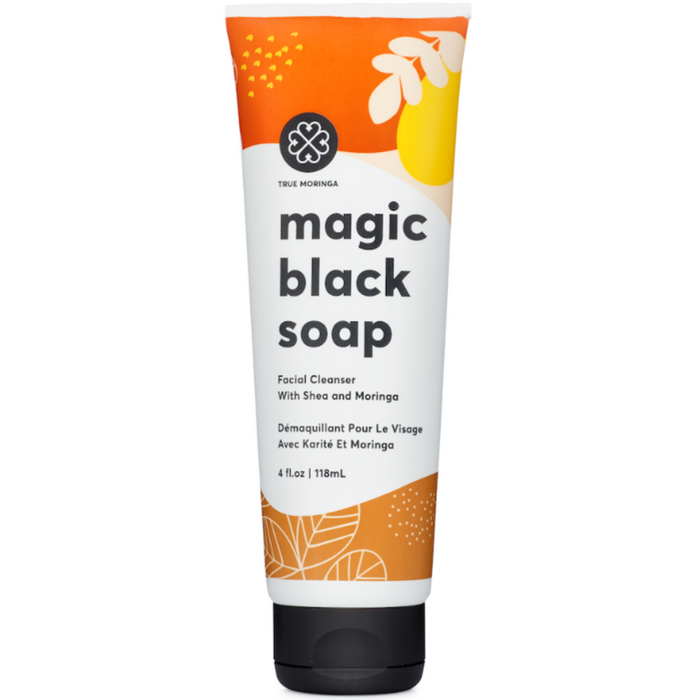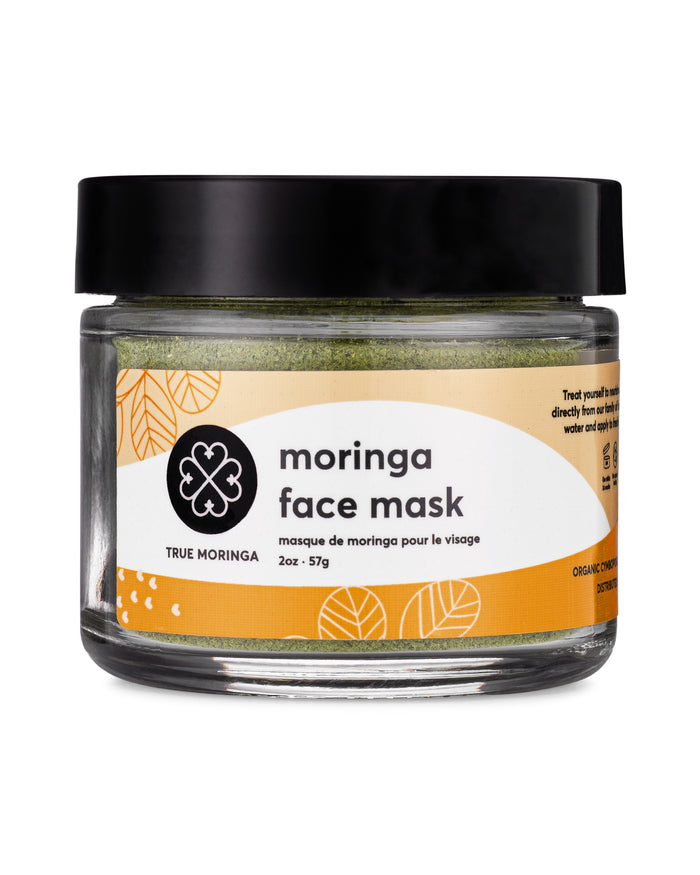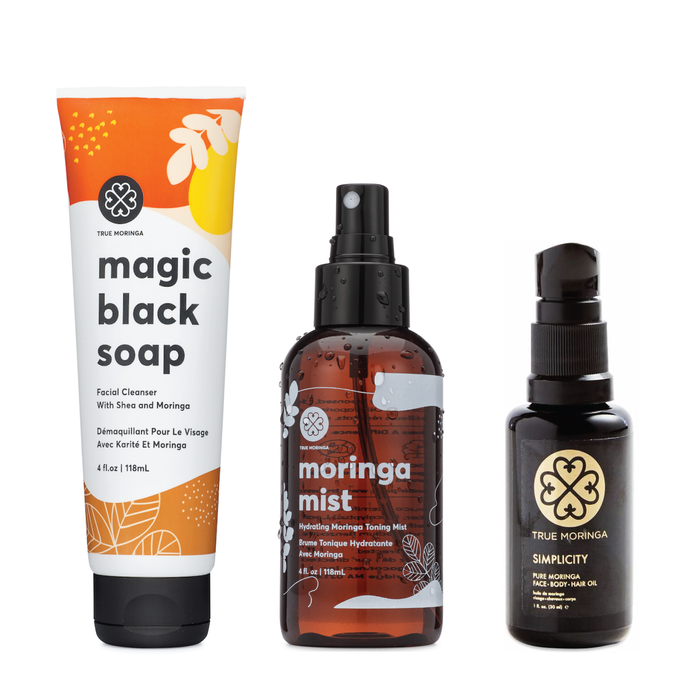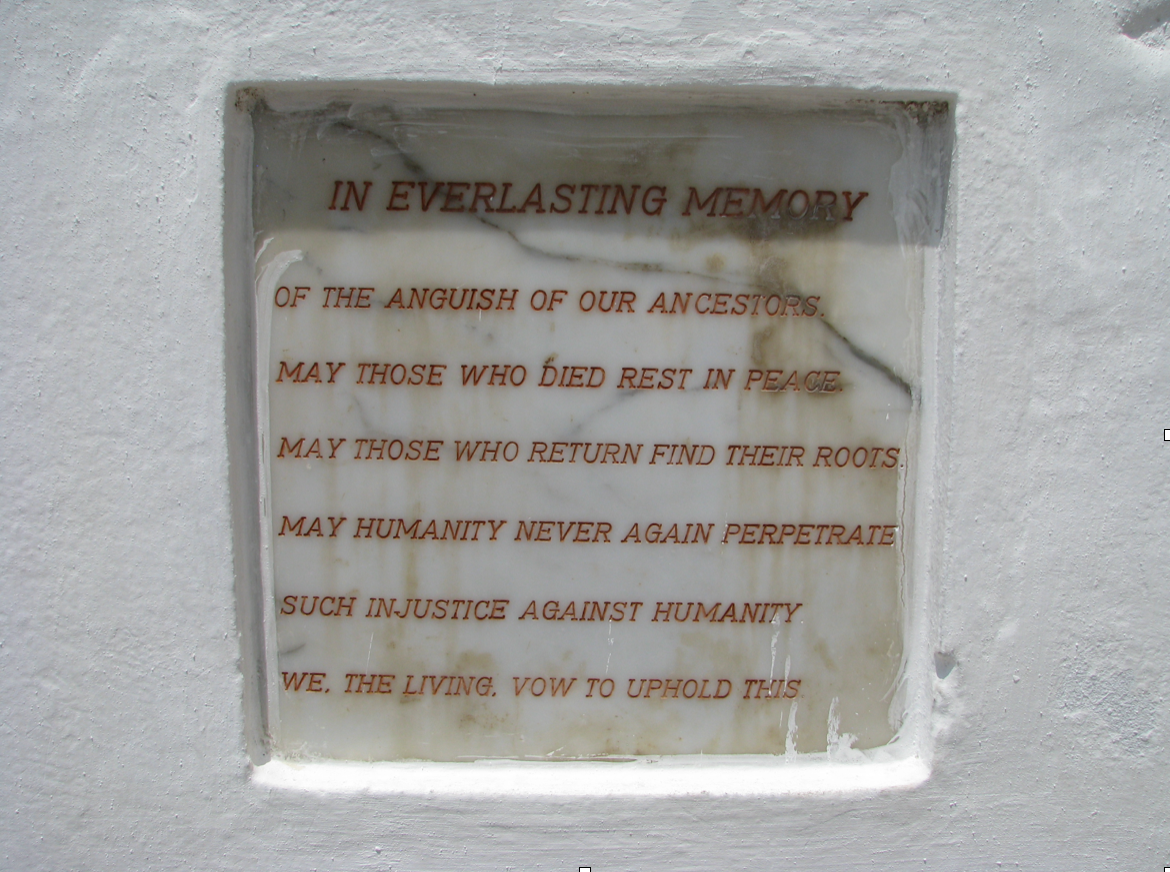

· By
Reflections on Juneteenth
Dear True Moringa Friends & Family,
The Cape Coast slave castle--just one of dozens dotting the West African coastline--is Ghana’s top tourist attraction. Collectively, these castles served as the last stop for an estimated 10-40 million enslaved Africans before they were shipped off like cargo on the Middle Passage and, for those who survived the grueling journey, on to the New World. The castle tour is a deeply moving experience and serves as a sobering reminder of the human capacity for both evil and redemption:
-
The capacity to commit great evil;
-
The capacity to allow injustice through silence, inaction, or adulterated beliefs--directly above the castles’ packed dungeons are often churches, where the slave traders would gather for Sunday worship;
-
And also, the capacity to end injustice and learn from history. Today, the slave castles serve as monuments memorializing a dark period of human history as well as the end of it. The words inscribed on the commemorative plaque, pictured above, challenge humanity to “never again perpetuate such injustice.”
To the Black community in the United States, June 19th marks the effective end of American slavery; some call today Freedom Day or America’s Second Independence Day.
As a Ghanaian, an American, and a Black man, this Juneteenth hits me differently. I’m grateful for the progress humanity (and specifically the U.S.) has made and believe today is worth celebrating. On the other hand, there’s an uncomfortable tension in the history and reality of Juneteenth, what I can best describe as “already but not yet”. Slaves were “already” declared free 2.5 years prior to June 19, 1865--the Emancipation Proclamation had officially outlawed slavery on January 1, 1863--but slaves in Texas were “not yet” free until Federal Troops arrived to announce and enforce their liberation on the day we commemorate today. Today, I see this same “already but not yet” tension everywhere: Black people “already” have equal rights, but our experience shows this is “not yet” true. We live every day as targets of a derivative injustice: systemic racism.
It’s hard to explain the mix of anger, frustration, tears, and exhaustion that has been hitting me with each new video of crushing and sometimes life-stealing racism: Christian Cooper, Ahmaud Arbery, Breonna Taylor, George Floyd. I have been the Black man strolling in the park, jogging in the streets, sleeping in my bed, and shopping at the corner store. I was ashamed of how fast and hard my heart beat climbs when I’ve been stopped by the police in the US, but these events have snapped me out of my silence.
This goes beyond police brutality. It’s about systemic racism and how its far reaching fingers wrap around our necks still, extending beyond the US and even to Ghana. It tightens its grip when a woman clutches her purse tighter as I walk by; when my white teacher says I will never get into MIT; and when I, the CEO and co-founder of my business, am told in Twi (local language) to wait outside while my white colleague is ushered in for my meeting, or I’m addressed as the “driver” or “houseboy” when with my obruni (Twi for non-Ghanaian) wife. Or Perhaps the scariest, in Ga, my mother tongue, when we describe a technological wonder we say a phrase that literally translates to “white people are amazing/awe-inspiring.” My grandma would affectionately call me in Ga “her white man” because I built robots in high school and interned at NASA. I’ve lived my whole life thinking this was ok, not realizing how the infiltration of my native language and warped sense of black achievement are fingerprints of institutionalized racism.
We can’t celebrate Juneteenth without acknowledging the “already but not yet” realities today. As I remind myself of the words inscribed on Cape Coast Castle’s walls, I invite you to join me in this vow: “In everlasting memory of the anguish of our ancestors, may those who died rest in peace. May humanity never again perpetuate such injustice against humanity. We, the living, vow to uphold this.”
If you are looking for next steps, consider this non-exhaustive list:
-
Empathy: Hold space in your hearts and prayers for each victim of police brutality. Create the space to hear what others around you are experiencing. Your experience might be different, but it doesn’t change the fact that their experience is real.
-
Reflect: Take time to learn about how racism became institutionalized in America. Check out this reading and listening list created by YSRP founders Lauren Fine and Joanna Visser Adjoian. Think about ways in which your actions may have been racist, even though that wasn’t your intention. See “privilege” as a tool for change, not a marker of shame and guilt. See “silence” as active participation in an unjust system, the church above the slave dungeons in Ghana.
-
Golden Rule: Treat others as you would like to be treated. If we made this our lens and active goal, our lives, votes, and dollars would move from partisan battlelines to our shared humanity.
-
Support: Consider patronizing Black-owned businesses and donating to causes fighting systemic racism.
At True Moringa, 20% of sales this month are going to Black-led organizations fighting for racial justice. We are supporting:
-
Youth Sentencing & Reentry Project - keeping children out of adult jails and prisons
-
Raheem - building data collection tools for police accountability
-
Essie Justice Group - harnessing the collective power of women with incarcerated loved ones to end the harm of mass incarceration
-
Baltimore Corps - working for economic justice and providing resources to create leaders in Baltimore, my home city.
June 19th, 1865 marked the beginning of Black liberation in this world. In the words of Dr. Martin Luther King Jr.: “Injustice anywhere is a threat to justice everywhere. We are caught in an inescapable network of mutuality, tied in a single garment of destiny. Whatever affects one directly, affects all indirectly.”
With Love,
Kwami Williams
Co-Founder & CEO, True Moringa

